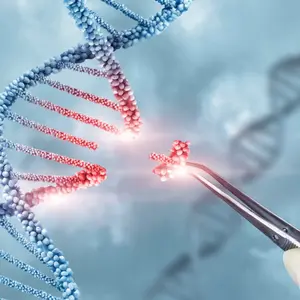

Exercise, Energy and Movement

Exercise, Energy and Movement
Can Exercise Reverse the Clock on Aging?
Exercise is well-known for the host of health benefits it confers, but can it actually turn back the clock on aging at the cellular level?
A new study published in The Journal of Physiology has found that exercise training may combat aspects of aging and stimulate the reprogramming of aging muscle fibers.
Researchers examined gene expression in the muscle fibers of aged mice that performed “late life exercise training.” One group of mice had access to a weighted exercise wheel for two months, and one group had no access. The mice were 22 months old, which is approximately equivalent to a 73-year-old human. After the two month period, the skeletal muscle age (DNA methylation clock age) of the exercise group was lower compared to the sedentary group.
The results illustrate that exercise can impact gene expression, or “reprogram” the muscle fibers into a more youthful state, contributing to maintaining youthful qualities.
Exercise is a highly effective, inexpensive tool to improve muscle health, enhance overall health, and potentially contribute to longevity.
REFERENCES
Jones, R., et al. (2022, December 19). A molecular signature defining exercise adaptation with ageing and in vivo partial reprogramming in skeletal muscle. The Journal of Physiology. https://physoc.onlinelibrary.wiley.com/doi/10.1113/JP283836


 By
By







